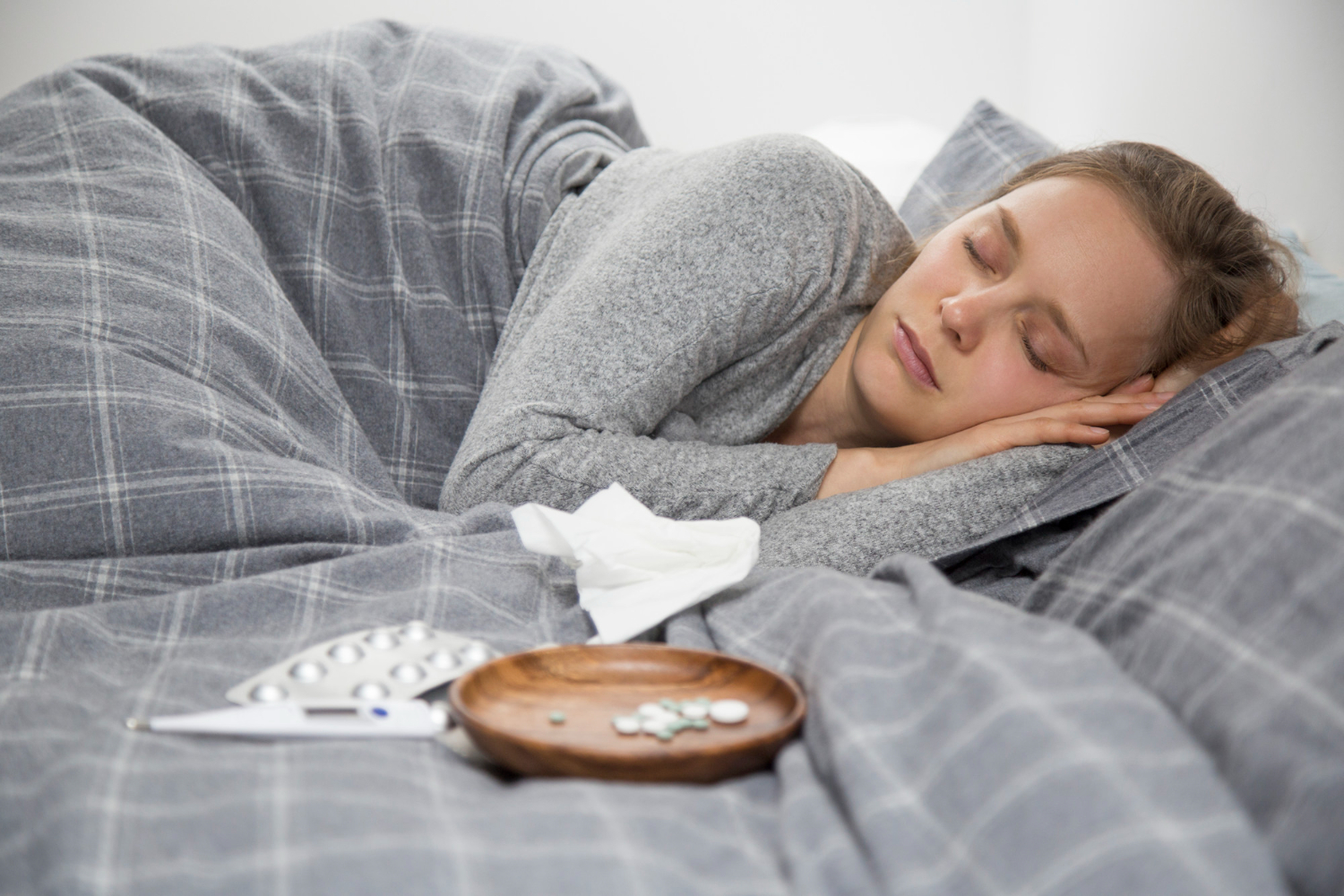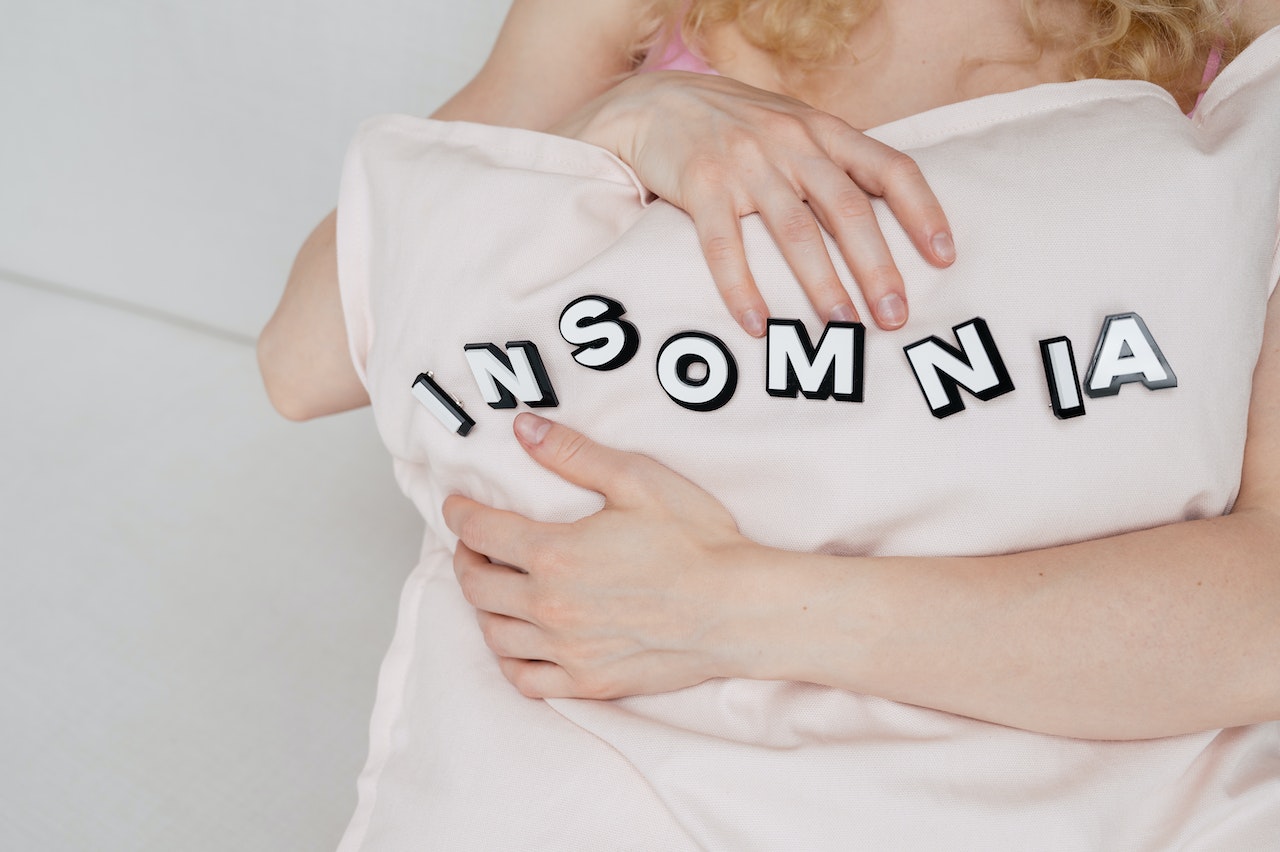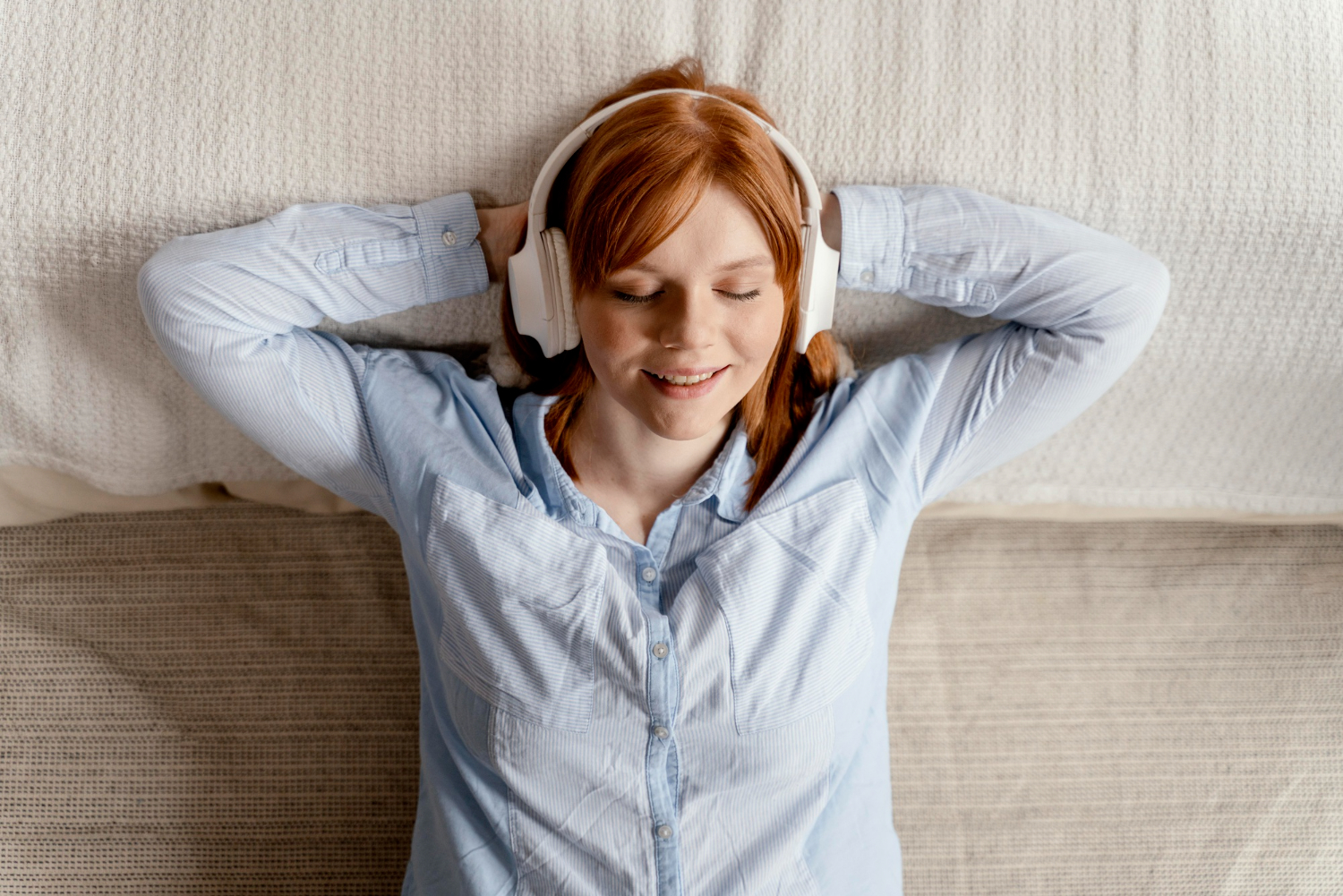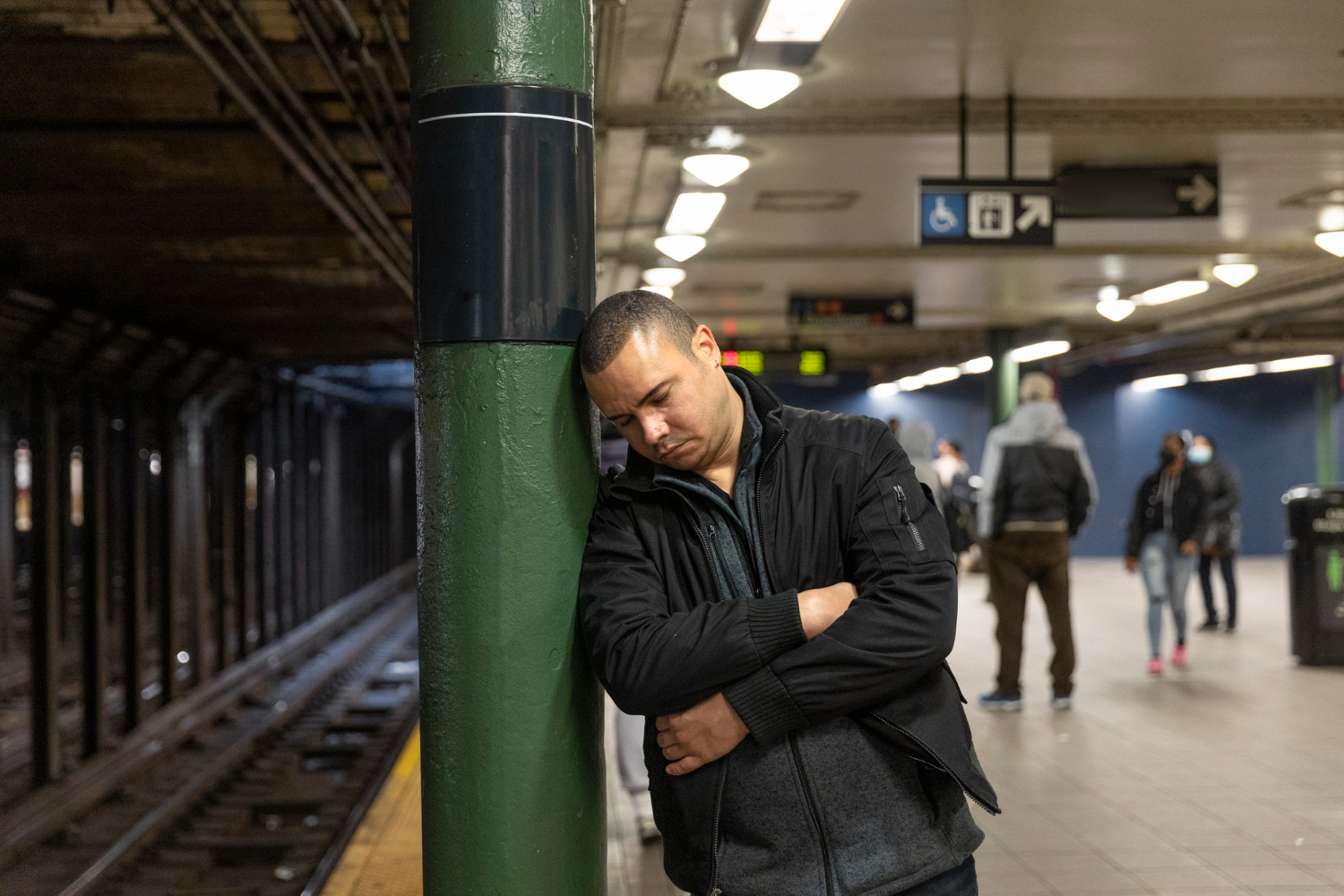An Insidious Side Effect of Poor Sleep: Immunosuppression

If you struggle with getting good sleep at night, there are a ton of unhealthy side effects that you could be suffering from on any given day. In the short-term, getting a poor night’s sleep can result in crankiness, brain fog, dark circles under your eyes, and just generally feeling poorly. But over the long-term, sleep deprivation can have serious consequences for your physical and neurological health. As if all these things weren’t bad enough, scientists have more bad news to share: getting a poor night’s sleep, even in the short term, can and likely will suppress your immune system.
Your mother or grandma may have warned you as a child of the plethora of ways that you can catch a cold; getting a poor night’s sleep might not be the most common one, but it is one with some scientific basis behind it. If you’re worried about the upcoming cold and flu season, then you should also be worried about the type of sleep you’re getting at night. Otherwise, you’re going to be in for a rough winter.
How Poor Sleep and Stress Confuse Your Immune Response
For optimal health, the average adult needs between 7 and 9 hours of sleep each and every night. But when you don’t get that, I can start to take a toll on your health. Recently, European scientists have discovered that getting too little sleep does the same thing to your body as subjecting yourself to extreme physical or emotional stress. This is true even if you don’t experience unhealthy levels of stress in your everyday life.
For most of us, unfortunately, especially those of us who are having trouble sleeping on a regular basis, we’re effectively doubling down on the damage that we do to ourselves. Because in addition to our daily stresses – both emotional and physical – the lack of sleep is making it that much worse.
So what does all of this stress amount to? Well, in addition to the short-term symptoms, excessive stress plus a lack of proper sleep can lead to some very serious medical conditions. There are studies upon studies that have proven, beyond a shadow of a doubt, that excessive stress will lead to diabetes, obesity, and cardiovascular disease in most individuals. And it doesn’t matter what you do during your waking hours to stave off these chronic health afflictions; if sleep is the one weak spot in your overall wellness routine, it will shorten your lifespan and increase your risk of dying prematurely for all potential diseases. So for anyone who lives by the mantra “I’ll sleep when I’m dead”, you’re going to get there a lot sooner if you aren’t making sure you get proper rest each and every night.
Poor Sleep Also Compromises Your Immune System
The more you look at the scientific data behind the lack of sleep, the worst the news gets. A lack of sleep doesn’t just trigger a stronger stress response (which is connected to the overall immune response in your body); it can also reduce your ability to fight off disease in the first place. This is true even after just one night of poor quality sleep. When your body isn’t able to refresh itself during its natural sleep cycle, your total number of T-cells – which are some of the most powerful disease-fighting components of your entire immune system – will shrink. This puts you at risk for catching different types of colds and different strains of the flu virus. You can try to reduce your risk by reducing your exposure, but it only takes one little virus or bacterium to get a foothold. And if your immune system isn’t up to snuff, you will be more likely to get sick.
Of course, it isn’t just about getting sick in the first place. It’s also about the duration and the severity of whatever disease you contract. When your immune system is not at full strength, this will both elongate the duration of and increase the intensity of your cold, flu, or bacterial infection. And this can cause all sorts of additional problems on top of that, like having to take extra sick days off from work, medical expenses, and all of the stress associated with being sick.
In some cases, not even your annual flu shot can protect you. As a matter of fact, getting inoculated while your immune system is vulnerable due to poor sleep might leave you with a bad case of the flu. You see, some flu vaccines are made with a weakened form of the virus (or viruses) that medical experts assume you will need to be protected from. But if your immune system isn’t strong enough to beat up that weakened virus and make antibodies out of it, that too could get a foothold and lead to a viral infection.
Getting Better Sleep for Better Health
Believe it or not, your frustrating struggle with getting enough sleep does have some pretty simple solutions. For starters, you can improve your sleep hygiene. We actually have a whole article with helpful advice and tips for improving your nightly sleeping habits. But if you’re still having trouble getting the shut-eye you need, don’t run to the drugstore just yet. Although an over-the-counter sleeping pill may seem strong and effective, there are unhealthy side effects that could possibly do long-term damage the more often you take them.
Instead, try coupling your improved sleeping habits with a natural herbal sleep remedy. If you take one, such as Avinol PM, about 30 minutes before bed, you will notice a drastic improvement in your ability to fall asleep and get quality sleep throughout the night. It’s much safer than asking your doctor for a prescription sleep aid and, for many people, it’s an affordable alternative. If you’re interested to learn more about what an herbal sleep aid can do for you, check out our review of Avinol PM.



